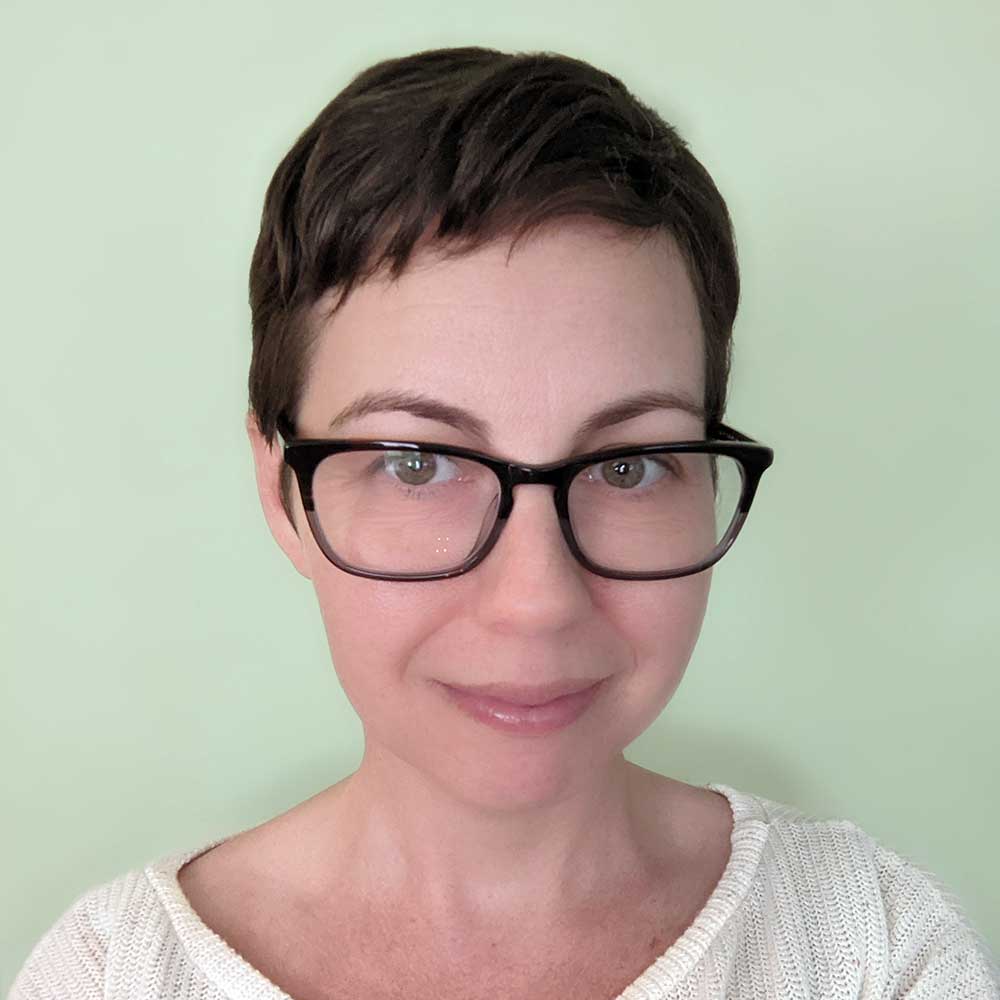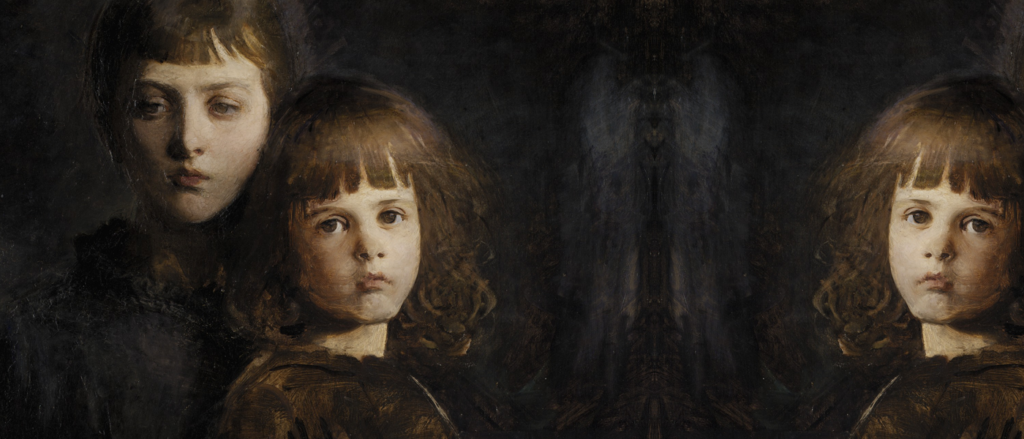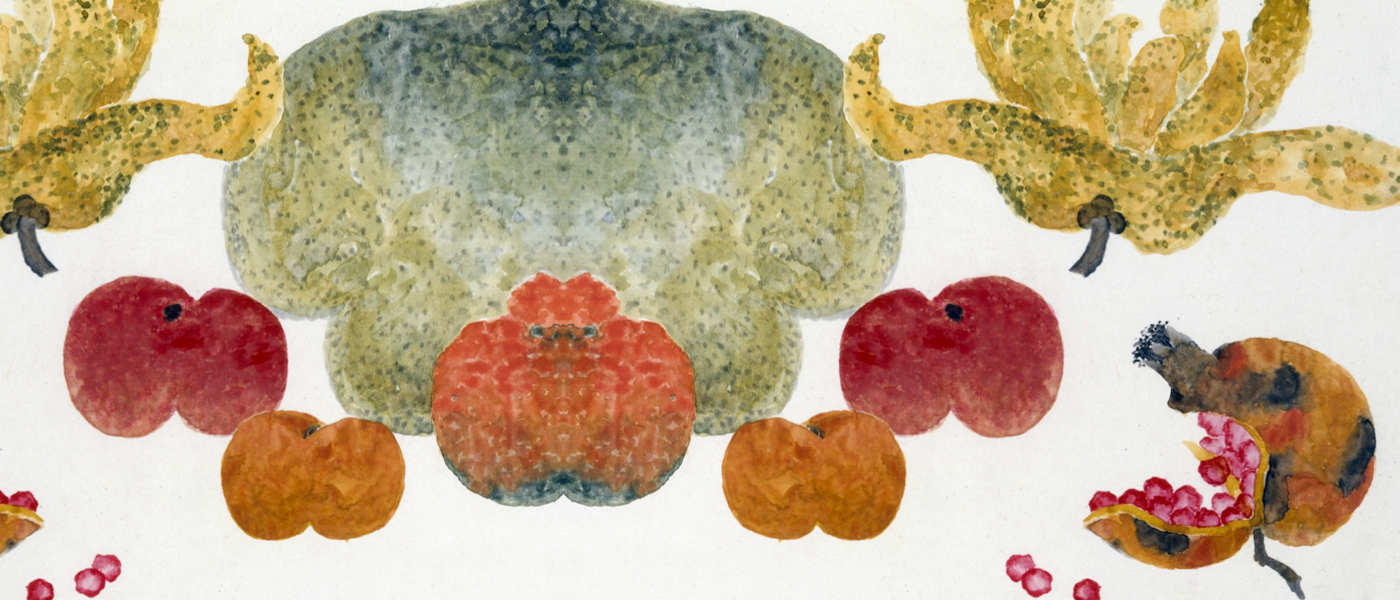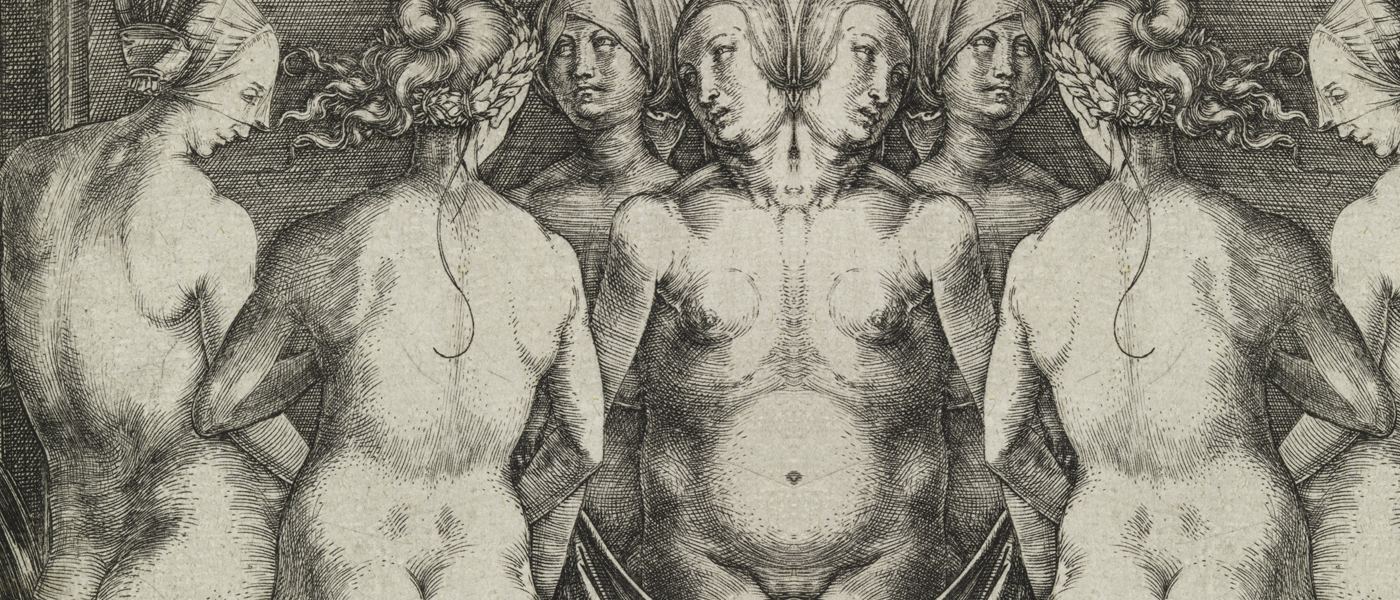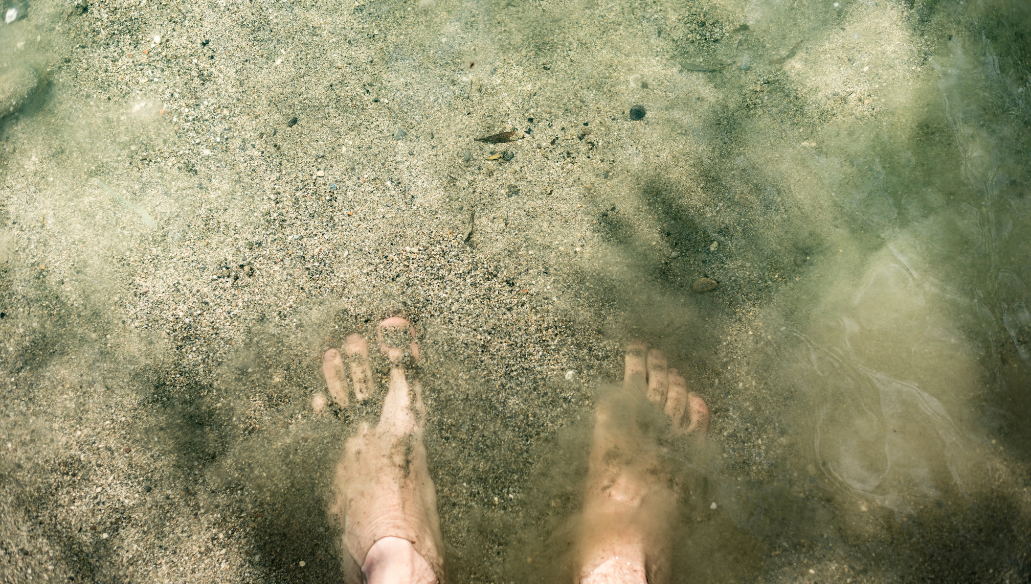In 1996, the year my mother died of a heroin overdose, Purdue Pharma started to sell OxyContin in the United States. The company aggressively marketed and promoted its drug as a breakthrough in non-addictive, long-lasting pain relief. Untreated pain was harming Americans, and Purdue Pharma was there to help.
Also in 1996: I had my first boyfriend. He had long curls and deep brown eyes. We were thirteen years old. His sister Sara was four years younger, the same age as my sister Emerson. Once in a while, he wore a yellow jacket and matching jeans that my friend Liz called his mustard suit.
Within four years, Purdue Pharma reported OxyContin sales in excess of $1.1 billion. How did they sell that many pills? They hired hundreds of sales associates, offered them bonuses based on the number of prescriptions they secured, and sent them all over the country to persuade doctors to prescribe more. They bought the doctors lunch, flew them out to conferences at resorts, and shelled out millions in cash payments. They buried studies in the late nineties that showed OxyContin was habit-forming and insisted that only a few bad apples abused their medication.
I left home for college and returned to the Cape in 2005 at the start of the summer high season for tourism, excited to make some money and spend time with Emerson. Cape Cod was the land of endless lobsters, the Kennedys, the Cape Cod Baseball League, and the tidal pools of Sandy Neck Beach. Tourists with luxury SUVs and strong notions of superiority fought their way over the Sagamore and Bourne Bridges each summer while the working class waited for them on the other side, eager for them to spend their dollars. I saw so many whale belts and Lily Pulitzer dresses at the restaurant where I was a hostess. Over ninety percent of residents during any season were white, which made class distinctions all the more pertinent.
We were the locals: the ones who refilled their glasses, babysat their children, and taught them how to swim. We drove their boats, mowed their lawns, and served them dinner. We were the ones who knew the back roads, the ones who stuck it out through long, bleak winters when the population shrunk in half and many businesses shuttered for the season. My friends and I were young enough to believe that this meant Cape Cod belonged to us.
Anyone who scanned the daily police blotter in the Cape Cod Times back then would have read about the drug arrests, overdoses, and crimes of desperation. Still, everyone walked around pretending the crisis wasn’t real. Drugs? On this idyllic sandbar? Our children? Never.
A friend told me that a former classmate of ours had robbed a local pharmacy (for pills, not cash), and it was in the newspaper the day he got arrested. On my way to work, I drove by groups of parents gathered outside the office of Uncle Luke’s primary care physician clutching signs that read “Dr. Death.” This was only a few years before heroin saturated the Cape and several years before my siblings and I could name one, three, and then more than a dozen people we knew who had died from overdoses.
We must have thought ourselves invincible that summer, because when my friends started showing up to parties with painkillers from their parents’ medicine cabinets, we’d mix them with alcohol for extra fun. Having fun was different from addiction, after all; addiction was a dirty word, something that affected only those people. The ones who lived in weekly motels in Yarmouth. The ones who always got into trouble in school and then never moved out of their parents’ basements after graduation. The ones who hung around 7-11 begging for cigarettes. The ones who ended up like my mother. They were the people who Dr. Richard Sackler, a Purdue Pharma board member, referred to as reckless criminals.
As the first college graduate in my family, I focused on earning money while I was back on the Cape that summer, awaiting news of my pending law school applications. I worked as a lifeguard, a tutor, and a cocktail waitress. On a rare day off, I’d sometimes spend time with my friend Liz. Her boyfriend used to go down to Florida all the time and she wanted me to keep her company. Florida, famous for palm trees, sunshine, and pill mills.
By that time, I had lost touch with my eighth grade boyfriend, but our sisters remained friends. Once in a while, Sara would come over to our apartment and smoke a blunt. But when she showed up one night with a baking soda container in one hand and a metal strainer in the other, I knew things had gone too far.
“She can’t be doing that stuff here,” I told my sister. They were kids, barely nineteen. Emerson nodded, and they took it elsewhere.
I stopped doing the pills, and my sister stopped telling me she was doing them.
I left Cape Cod again for law school in 2007. By that time, the death rate from opiate overdoses in Massachusetts was more than three times what it had been a decade earlier. Over two thousand people died in a year. Lots of bad apples.
Less than six months later, I spent my first spring break as a law student in Emerson’s basement apartment on Cape Cod. It was the third place she had lived in that timespan. Aunt Alex dropped by one afternoon and attacked the pile of dishes in the sink, periodically announcing that it was just a rinsing, that Emerson could rewash them later. My sister’s brindle pitbull dozed underneath the table.
As our aunt poured glasses full of juice and cigarette butts down the drain, Emerson hovered on the apartment steps and spoke on the telephone, stepping away from us after picking up a call. I thought I heard her greet Aunt Alex’s husband Luke.
Aunt Alex continued to prattle on about the dishes, the weather, penny stocks, anything other than the fact that we had both descended upon Emerson’s apartment because we were worried about her.
I made murmurs of agreement toward our aunt at appropriate moments while I turned my ear in the direction of my sister. She spoke of sunshine and yellow jackets and no, she was not a nature enthusiast. I suspected those phrases were street names for pills.
“Was that Uncle Luke?” I ducked into the stairwell just as Emerson hung up, trying to sound as casual as possible.
She looked startled, as if it hadn’t occurred to her that I could have overheard her conversation.
“Yeah.”
I said nothing, but it sounded like my sister was doing drugs with our uncle.
I waited until Aunt Alex pulled out of the driveway later that evening. As soon as her car was out of sight, I turned to face my sister.
“Are you doing drugs with Uncle Luke because I swear to fucking God I will murder him.”
The split-second delay and the nearly imperceptible look of guilt that flashed over my sister’s face told me it was true.
“No,” she said. Her right eye squinted, as if recoiling from the lie.
She took a drag from her cigarette and developed a sudden interest in the patchy grass, dragging the sole of her pink Timberlands back and forth.
I stared at my sister, willing her to meet my eyes and lie to me again.
Aunt Alex used to say, Always let people know you’re from a big family. That there are people who love you and who will fight for you.
I spent a couple of nights at her house after my sister lied to me. It felt like a safer place to ignore reality. On one of these nights, Aunt Alex and I had tea in her dining room.
“I stopped by Emerson’s on the way home from work last night,” she said as she spooned sugar into her mug.
I knew this meant that she had gone over to check on my sister while making it look like a social call. She had to hide her concern under a casual sweater so Emerson wouldn’t shut her out.
“I got into it with that landlady,” she said.
“Really?” I raised my eyebrows, willing her to continue.
“I pulled into the driveway, and I’m tired, and I just want to pop in and out. But that old bat stuck her head out the side door and started yelling about a bounced rent check, going on and on about her missing pills, about how they were for her cancer.”
“Seriously?” I took a sip of my tea.
“I told her, ‘That apartment is illegal. You’re lucky I don’t call code enforcement or sue you. What if there was a fire?’” Aunt Alex pointed her finger in the air for emphasis. “And you’ll love this — I said, ‘Maybe it was your sketchy-ass, unemployed son who took your pills.’”
I laughed, and so did my aunt before she continued.
“Right before I went inside, I said, ‘And by the way, tell your son to stay the fuck away from my niece.’”
There was pride in her voice as she told me the story, and I felt it too. We looked after our own.
Neither one of us said it, but of course Emerson had taken those pills.
Remember Dr. Death? He was arrested in 2005 and was later found guilty of illegal drug possession with intent to distribute. Prosecutors alleged that he had prescribed some 300,000 pills of OxyContin in a year, nearly one-third of the total in Massachusetts. Uncle Luke had to find a new doctor.
Toward the end of my spring break, I was back at Emerson’s apartment and tiptoeing around as she slept, opening her drawers and poking through her purse. I read some of her papers, scanning them for anything that would reveal the truth about my sister, but I found nothing that I could hold up triumphantly as evidence. It was both frustrating and comforting not to find anything. Without incontrovertible proof of drug use, I was free to continue living in the gray space of denial.
On the last morning of my spring break, Emerson crashed her car into a tree. She was physically unharmed, but Aunt Alex declared it was time for my sister to go to rehab. I was supposed to get on a bus back to school, but I quickly abandoned that plan.
“Your sister needs you,” Aunt Alex told me.
After our aunt called around to nearly a dozen rehab facilities, we decided to go to the emergency room and wait for a detox bed to open up. This was the fastest way to get into treatment with public health insurance.
My sister checked herself in at the ER while Aunt Alex and I hovered behind her. I heard various moans and machines and caught a glimpse of an elderly woman with oxygen tubes in her nose who repeatedly screamed help me, help me.
Aunt Alex stayed with us until they gave Emerson an emergency room bed. As midnight approached, my sister and I climbed into the bed and sat side by side. She alternated between periods of silence and intense emotional outpouring. She sobbed and wailed Where’s my dog? Where’s Bayne? I patted her arm and told her Bayne was going to be fine. Uncle Luke was going to find a home for him. I couldn’t tell if my sister was high out of her mind or just losing it, and I was terrified because I could do nothing. Who was I if I couldn’t even help my little sister?
We as humans filter the truth all the time. We omit certain facts, play up some details more than others, or tell different versions of the same story to suit our audience, but sometimes, that desire to filter falls away. In the hospital bed, my sister started telling me things, like how when she was in that car accident, Uncle Luke had been behind her in his truck. They had been on their way to buy some pills from my sister’s connection. When Emerson lost control of her car and hit a tree, our uncle had disappeared before the police arrived. My sister cried and cried as the truth spilled out all over the hospital bed. Later, she slept under the harsh lights of the emergency room. I did not sleep. I sat up into the early morning hours, pulling at the truth like a stubborn hangnail.
My sister looked so small as they wheeled her out of the ER on a stretcher to be transported by ambulance to the rehab facility just a few hours later. I waved until she disappeared from my sight, then went back to Aunt Alex’s house to grab my bags. Before leaving to return to school, I waited in the living room for Uncle Luke to come in and grab his keys and wallet. Everyone else was still asleep.
“How would you like it if I did drugs with Emma?” I asked as soon as I saw him in the doorway. His daughter was a preteen, just a few years older than Emerson had been when we moved in with Aunt Alex and Uncle Luke after Mom died.
“I don’t know what the fuck you’re talking about,” he replied.
I knew better. The snap of his head, the shift in his eyes, the way he pulled his Red Sox cap down over his face.
“Stay the fuck away from my sister,” I said.
The way he rushed from the room. The swift whoosh of the sliding door. How quickly he turned the truck’s engine on and pulled out of the driveway.
I tried once to bring everything up with Aunt Alex. It was a couple of weeks later and Emerson was fresh out of rehab. We were in the middle of one of our hours-long conversations where we had to discuss each and every family member, as if by doing so, we could impose order on chaos.
“You know what’s weird is that Emerson told me that Uncle Luke was behind her when she got in that accident,” I said.
“What do you mean?”
“I guess she was upset that he didn’t stop.”
“Do you actually believe that? Why wouldn’t he stop if his niece was hurt?” She seemed angry with me, so I changed the subject.
I didn’t bring it up again, but she did, a few days after that conversation.
“Luke told me that he was in Falmouth that day on a job. There’s no way he physically could have been in the Mills when Emerson had her accident.”
Case closed.
When I graduated from law school in 2011, Cape Cod had some of the highest rates of overdose deaths in the state of Massachusetts. A few years later, when HBO released Heroin: Cape Cod, nearly half of the people profiled in the documentary had died of overdoses in between the taping and release dates. It wasn’t until 2018 that Massachusetts became the first state to seek legal action against Purdue Pharma, twenty-two years after OxyContin was first sold to the public. By that time, five people a day in the state of Massachusetts died from opiate overdoses.
In 2019, Emerson had been sober for several years and we were both living outside of Massachusetts. She called me on a clear winter morning to tell me that Sara had died of an overdose. She’d had a toddler the same age as Emerson’s son.
That same year, I read in the police blotter that my childhood friend Liz had been arrested. Among the contents of her purse, police reported finding needles and brown powder, consistent with signs of heroin use.
Then, another childhood friend’s little brother died. The obituary said he had been in an accident. Later that summer, I watched the news as the broadcaster announced over aerial shots of the Kennedy compound that a teenage member of the family had died of an overdose. At the time, Purdue Pharma was a defendant in almost 3,000 lawsuits. Within six weeks, the company filed for bankruptcy, halting all litigation. Two years later, in 2021, the judge in the bankruptcy matter indicated that he would approve a reorganization plan in which Purdue Pharma agreed to pay $4.5 billion over several years, some of which would come from the continued sale of OxyContin. Purdue Pharma would be dissolved, the Sacklers would step away, and a fund would be set up to compensate affected individuals in amounts of up to $45,000.
Purdue did not have to admit any wrongdoing.
“I wish the plan had provided for more, but I will not jeopardize what the plan does provide,” the judge said.
When I read about the bankruptcy case in the news, I thought about how, after my sister got out of rehab, she had asked Uncle Luke what happened to her dog. He told her that Bayne was on Martha’s Vineyard with an electrician who needed a guard dog for his work truck. Everyone knew how prevalent opiate addiction was on the Vineyard, how people were stealing tools out the backs of trucks in the time it took their owners to pay for gas, so this story was plausible. We chose to accept it.
